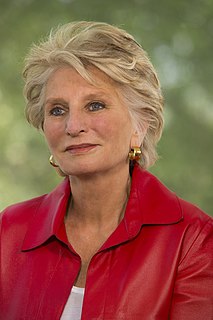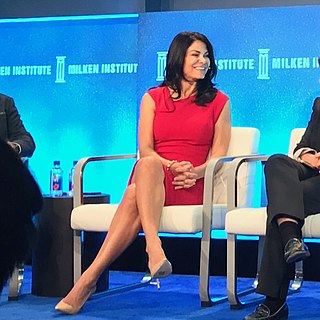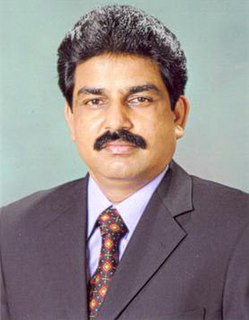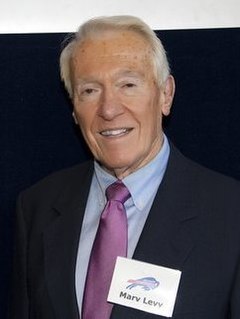A Quote by Jane Harman
In 1969, when I graduated from Harvard Law School, women and minorities made up a tiny fraction of the first year associates accepted by top law firms.
Related Quotes
First of all, let me give my comments on the blasphemy law. This law was introduced by the military dictator General Ziaul Haq. No one demanded the blasphemy law in Pakistan. But he wanted to give protection to his undemocratic rule, dictatorship, by using religion. So Pakistan came into being in 1947, and from 1947 until 1986 no case against any minorities was registered under the protection of the blasphemy law. Nobody from minorities was killed and no act of violence happened [against them].
































